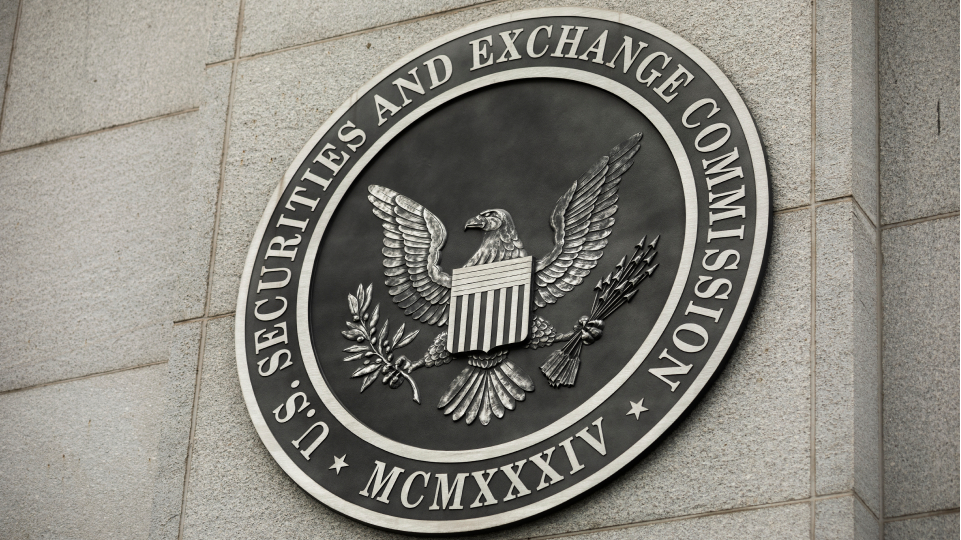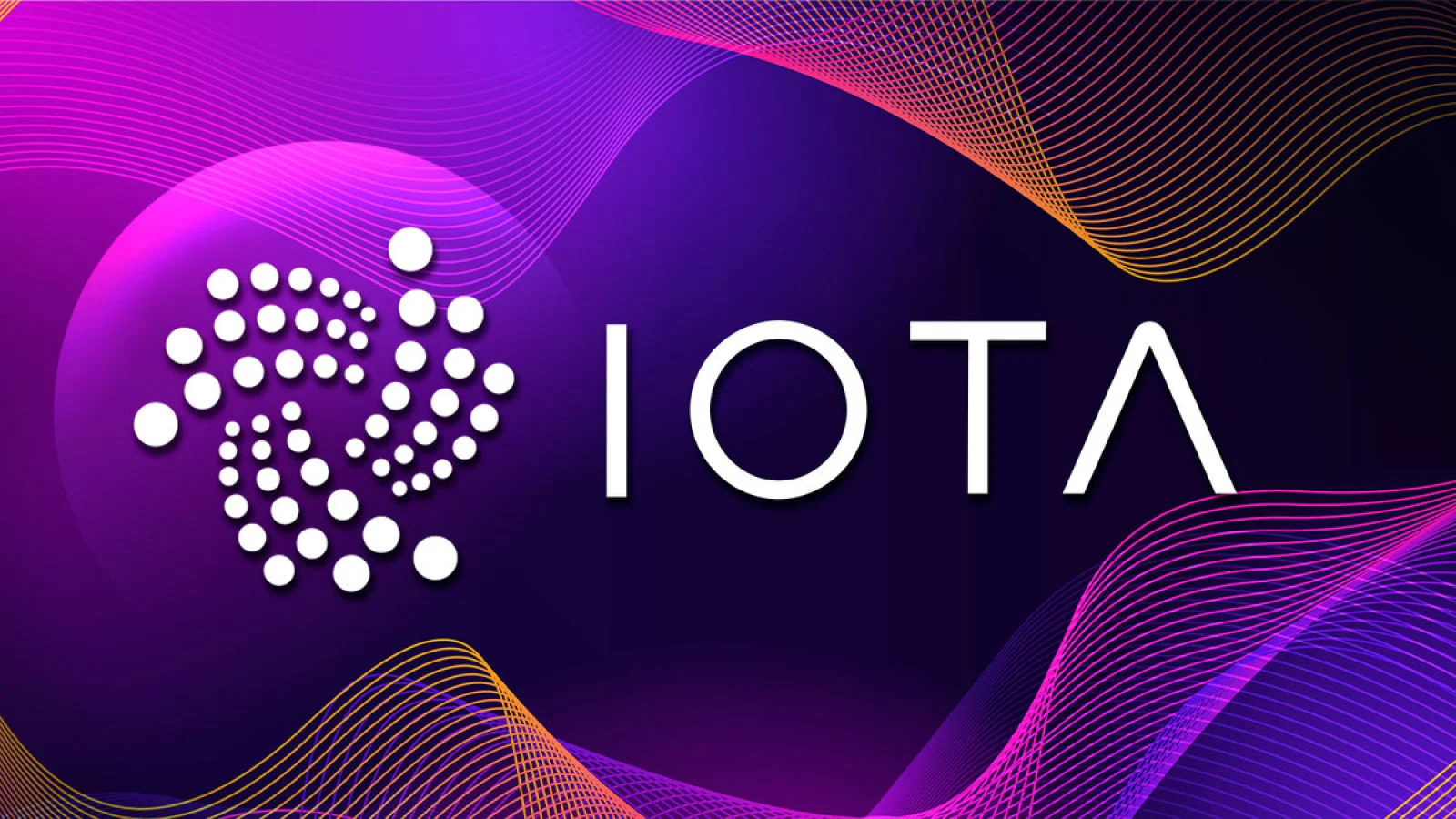|
Getting your Trinity Audio player ready...
|
Consensys, a leading blockchain software company, has fired the first legal salvo in a battle that could reshape the future of cryptocurrency regulation in the United States. The lawsuit, filed against the Securities and Exchange Commission (SEC) on April 25th, aims to prevent the SEC from cracking down on Consensys’ popular MetaMask wallet and establish a clear legal classification for Ethereum’s native token, Ether (ETH).
The lawsuit hinges on the SEC’s recent shift in stance regarding Ether. Consensys argues that the SEC’s attempt to regulate ETH as a security would stifle American innovation and cripple the Ethereum network, a vital platform for decentralized applications (dApps) and smart contracts.
Clash Over Classification
At the heart of the dispute lies the question: is Ether a security? Consensys vehemently argues that it is not. They point to a 2018 speech by former SEC Director Bill Hinman classifying Ether as a commodity, similar to gold or oil. Additionally, they highlight the existence of regulated Ethereum derivatives overseen by the Commodities Futures Trading Commission (CFTC) as further evidence supporting this claim.
MetaMask and the Due Process Clause
Consensys also seeks to clarify the legal status of their MetaMask wallet. The SEC’s Wells notice, a precursor to enforcement action, alleges that MetaMask’s staking service and swap functionality violate securities laws. Consensys maintains that MetaMask simply acts as a user interface, connecting individuals to existing decentralized exchanges (DEXs) and staking protocols. They argue that the SEC’s accusations infringe on their Fifth Amendment rights and violate the Administrative Procedures Act by lacking clear and consistent regulations.
This lawsuit is not an isolated incident. It reflects a broader pushback from the cryptocurrency industry against what many perceive as the SEC’s heavy-handed approach. Critics point to Chairman Gary Gensler’s recent actions, including issuing subpoenas to companies and developers associated with the Ethereum Foundation. They argue for regulatory clarity tailored to the unique characteristics of blockchain technology, something the SEC has yet to provide.
Also Read: EU Crypto Crackdown: KYC Goes Mandatory for Exchanges, But Self-Custody Wallets Breathe Easy
A Pivotal Moment for Crypto Regulation
The outcome of this lawsuit has the potential to significantly impact the future of cryptocurrency in the US. A win for Consensys could establish a clearer framework for regulating Ethereum and similar blockchain technologies. Conversely, an SEC victory could usher in a more stringent regulatory environment for the entire crypto industry. With both sides fiercely defending their positions, this lawsuit is sure to be closely watched by investors, developers, and regulators alike.
I’m a crypto enthusiast with a background in finance. I’m fascinated by the potential of crypto to disrupt traditional financial systems. I’m always on the lookout for new and innovative projects in the space. I believe that crypto has the potential to create a more equitable and inclusive financial system.




